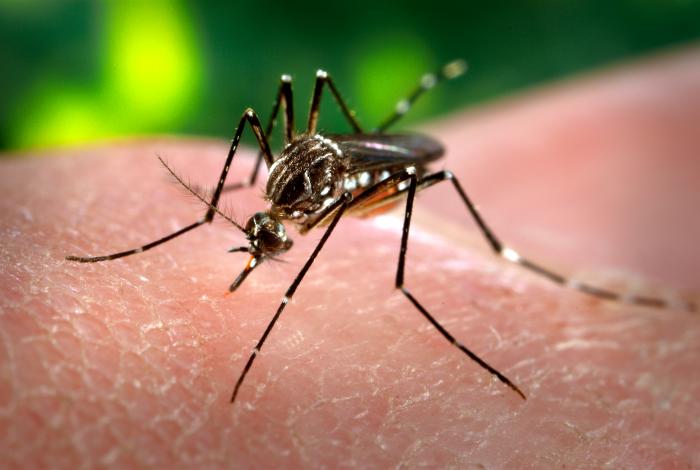
GM mosquitoes to be released in India
Oxford-based Intrexion-subsidiary Oxitec plans to release male GM mosquitoes that produce nonviable offspring in India, in order to limit the spread of dengue and chikungunya fevers transmitted by Aedes aegyptii.
Gangabishan Bhikulal Investment and Trading Ltd (GBIT) and have launched the Friendly Aedes project in Dawalwadi, India. Conducting outdoor caged trials, the company want to demonstrate the efficacy of Oxitec’s genetically sterile mosquitoes in suppressing the local Aedes aegypti population. A field cage facility is already in place. Following cage trials, GBIT and Oxitec plan to conduct open field trials, pending approval from the Indian regulatory authorities.
Oxitec’s OX513A male mosquitoes carry gene-cassettes that expresses a protein called tetracycline repressible activator variant (tTAV), which ties up the cell’s machinery and prevents the expression of other genes key to survival. As a result, the insect dies before it reaches adulthood. Feeding the mosquitoes with the antibiotic tetracycline, which binds and inactivates tTAV tetracycline, allows breeding them in the lab. They also contain a heritable, fluorescent marker to distinguish them from native pest insects and to help scientists with the management of pest control programmes.
Increasing cases of dengue and chikungunya have been reported in recent years, explained GBIT Director Shirish Barwale. He stressed while available methods have not been effective, we are very optimistic that this technology from Oxitec will help us to control the mosquito responsible for spreading these diseases. The Aedes aegypti mosquito is the primary vector for viruses such as dengue, which infects 5.8 million people in India annually, chikungunya, Zika, and yellow fever.
Since 2011, GBIT and Oxitec have conducted successful lab-based studies demonstrating the compatibility of Oxitec’s mosquitoes with the local mosquito population. Oxitec has some experience with its self-limiting mosquitoes: five open field trials have been conducted in Brazil, Panama, Malaysia, and the Cayman Islands. According to the company, in each trial wild Aedes aegypti populations were reduced by more than 90%.


 BioDlink
BioDlink
 Unsplash+
Unsplash+